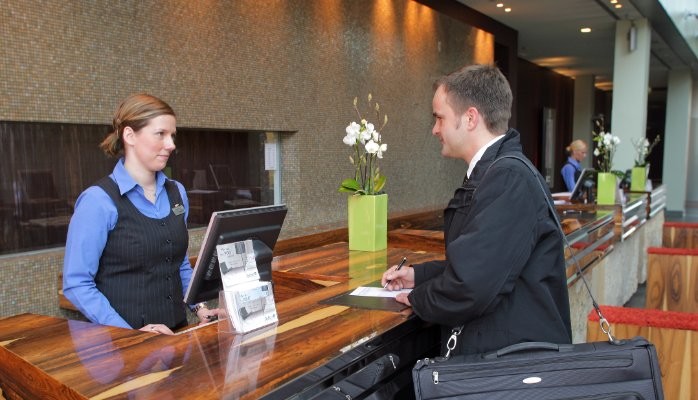We assume that we gain customer loyalty by doing things right. Our most loyal customers, however, are often those who have had an experience where things go wrong. How we react when things go wrong can help us win, or lose, lifelong customers.

A colleague of mine recently checked into a hotel, and had a 20 minute delay due to a reservation mix-up. There had been another guest with the same surname and my friend’s room had been mistakenly given to another guest. The desk clerk apologized for the delay, and explained that he would have another room ready in 20 minutes.
When the room was ready, the desk clerk again sincerely apologized for the delay, and then gave my friend a gift certificate to a national chain store to emphasize his disappointment that their service had not been up to the hotel’s standards. This was followed up by another personal phone call from the front desk manager, and another call from the hotel manager. All of these interactions were sincere apologies that the hotel had failed to live up to their stated standards, and making sure that my friend knew how important he was to this hotel.
What the hotel did not know is that my friend spends well over 150 nights per year in various hotels, and was trying to decide between two large national chains. He was comparing reward programs, and hotel customer service. The manner in which this hotel reacted to a problem convinced him that he would always stay with this chain where possible. In other words, a sincere apology, and a few minutes of sincere appreciation for a customer gained this hotel a loyal customer who spends tens of thousands of dollars in hotels every year.
This hotel, and its employees, did five key things right:
When things go wrong, how we correct the situation, or fail to do so, is how the customer remembers us and the company we represent. If we fail to send the message that the customer really is at the heart of our business, we lose the customer.
If we send the message that we are committed to the customer, and do more than expected to correct the problem, we may wind a customer for life. For my friend, based on his experience, the message was clear. We care about you, and we will do all that we can as an organization to improve the customer experience. Stephen Covey once said that you can judge the character of a man, or an organization, by how they react when things go wrong. How are your customers judging you?

